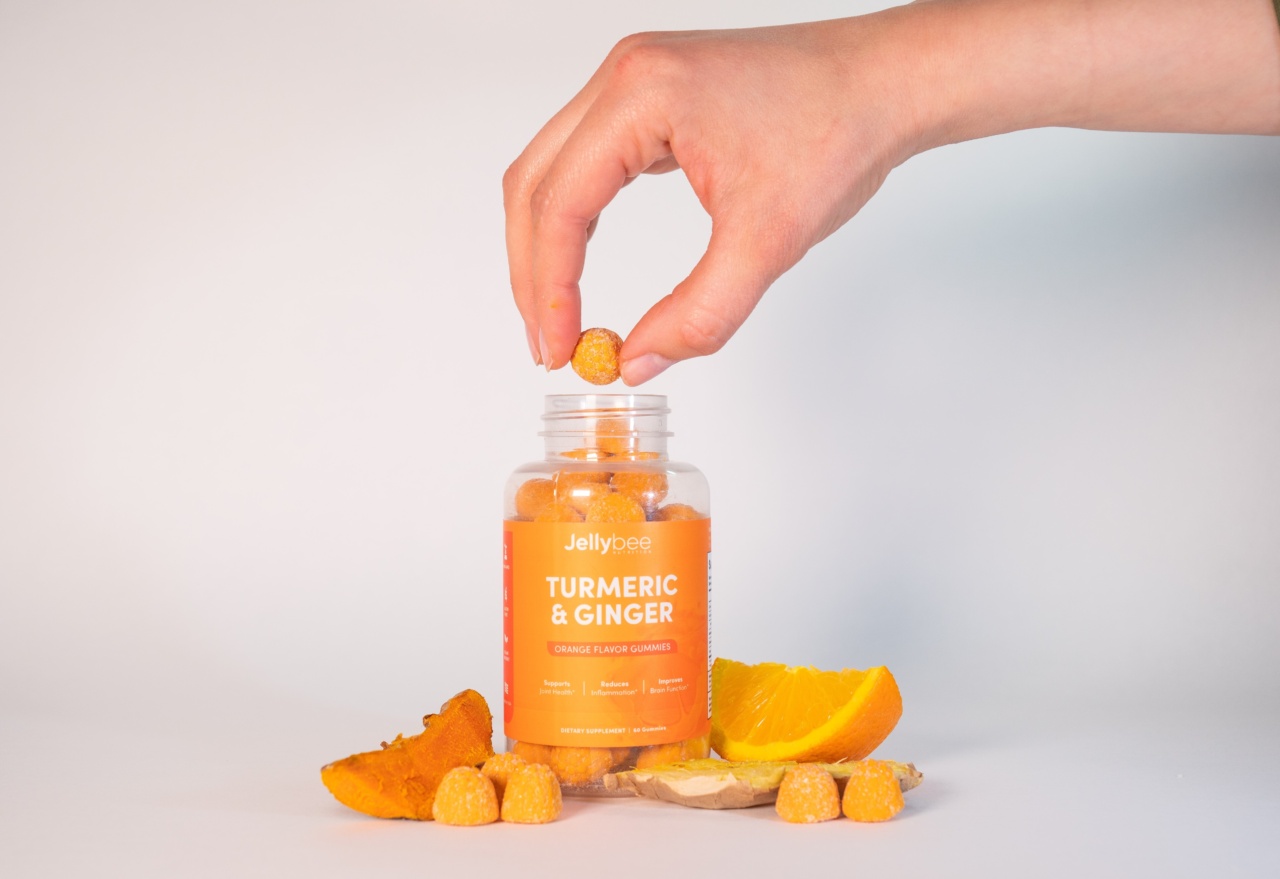As we age, maintaining our health and vitality becomes increasingly important.
While there is no magic potion to reverse the aging process, incorporating anti-aging vitamins into your daily routine can help support overall well-being and promote a youthful appearance. In this article, we will explore the top anti-aging vitamins for people over 40, their benefits, sources, and how to incorporate them into your diet.
Vitamin A
Vitamin A is a powerful antioxidant that aids in maintaining healthy skin, vision, and immune function. It helps prevent wrinkles and promotes collagen production, which is essential for maintaining firm and elastic skin.
Vitamin A can be found in foods such as carrots, sweet potatoes, leafy greens, and liver.
Vitamin C
Vitamin C is well-known for its immune-boosting properties, but it also plays a key role in collagen synthesis. Collagen is responsible for maintaining the elasticity and strength of our skin, preventing sagging and wrinkles.
Citrus fruits, strawberries, bell peppers, and leafy greens are excellent sources of vitamin C.
Vitamin E
Vitamin E is a potent antioxidant that helps protect the skin from free radical damage caused by environmental factors like sun exposure and pollution. It also aids in reducing the appearance of fine lines and wrinkles.
Nuts, seeds, spinach, and avocado are all rich sources of vitamin E.
Vitamin D
Vitamin D, often referred to as the sunshine vitamin, is crucial for bone health and may also contribute to a youthful appearance.
Studies suggest that vitamin D deficiency can accelerate aging by promoting the breakdown of collagen and increasing oxidative stress. Sunlight is the best source of vitamin D, but it can also be found in fatty fish, fortified dairy products, and egg yolks.
Vitamin B Complex
The B vitamins play a vital role in maintaining overall health and energy levels. They help combat stress and support brain function, both of which can affect our facial appearance.
Vitamin B complex supplements or foods like whole grains, legumes, leafy greens, and lean meats can provide an ample supply of these essential vitamins.
Coenzyme Q10
Coenzyme Q10, or CoQ10, is a naturally occurring antioxidant produced by the body. However, its production decreases as we age. CoQ10 helps protect the skin from free radical damage, improves cell energy production, and supports collagen production.
It can be found in oily fish, organ meats, nuts, and seeds.
Resveratrol
Resveratrol is a powerful antioxidant found in grapes, berries, and dark chocolate. It has been shown to have anti-aging effects by protecting the skin against oxidative stress and inflammation.
Additionally, resveratrol may help prevent age-related diseases and improve overall health and longevity.
Omega-3 Fatty Acids
Omega-3 fatty acids are essential fats that provide numerous health benefits. They support heart health, reduce inflammation, and nourish the skin from within. Omega-3s can be found in fatty fish, flaxseeds, chia seeds, and walnuts.
Collagen Peptides
Collagen peptides are hydrolyzed forms of collagen, making them more easily absorbed by the body. Supplementing with collagen peptides can support skin elasticity, reduce signs of aging, and promote hair and nail health.
They are available in powder or capsule form and can be incorporated into smoothies or taken as a supplement.
Green Tea Extract
Green tea extract is rich in antioxidants called catechins, which have been shown to have anti-aging properties. Catechins help protect the skin from sun damage, reduce inflammation, and improve skin elasticity.
Green tea extract can be consumed in supplement form or enjoyed as a hot or cold beverage.
Incorporating Anti-Aging Vitamins into Your Diet
While supplements can be a convenient way to ensure you’re getting an adequate supply of anti-aging vitamins, it’s always best to obtain nutrients from whole foods whenever possible.
Aim to include a variety of fruits, vegetables, lean proteins, and healthy fats in your diet to reap the benefits of these vitamins.
If you choose to supplement, consult with a healthcare professional to determine the right dosage and ensure it won’t interact with any medications or existing health conditions.
Conclusion
As we age, taking proactive steps to support our overall health and well-being becomes increasingly important. Including anti-aging vitamins in our daily routine can help nourish our bodies from within and promote a youthful appearance.
Remember to maintain a balanced diet, stay hydrated, and protect your skin from sun damage to enhance the effectiveness of these anti-aging vitamins.































